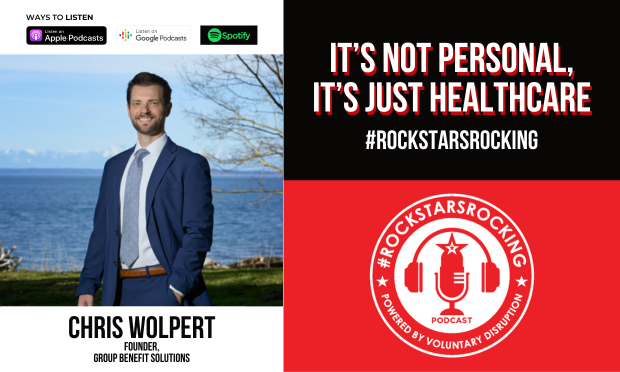 Over the past few years, stress levels have climbed to new extremes. Heading into 2023, 37% of Americans rated their mental health as only fair or poor, up from 31% the year prior, and more than 25% of adults are anticipating more stress ahead. In addition, a record number of workers reported burnout this year – with women and those under 30 the most stressed. On the heels of the pandemic, inflation, mass layoffs and political unrest, these trends, while no surprise, are still quite sobering.
Over the past few years, stress levels have climbed to new extremes. Heading into 2023, 37% of Americans rated their mental health as only fair or poor, up from 31% the year prior, and more than 25% of adults are anticipating more stress ahead. In addition, a record number of workers reported burnout this year – with women and those under 30 the most stressed. On the heels of the pandemic, inflation, mass layoffs and political unrest, these trends, while no surprise, are still quite sobering.
Employees have been feeling the financial, mental and emotional strains of trying to balance it all – having a job, managing finances and caring for children and aging parents – even more in this environment. When these challenges turn into legal issues, the stress levels can soar even higher.
Uncertainty around the process, outcome and potential costs that surround legal events can take its toll. A new study from ARAG Legal Insurance examines how consumers address the legal issues they face – and the impact on their mental health and wellbeing when dealing with them. We surveyed consumers who used an attorney but did not have a legal plan, consumers who did not use an attorney or have a legal plan, and consumers with a legal plan, using ARAG members as a point of reference. All respondents were employed full-time.
Complete your profile to continue reading and get FREE access to BenefitsPRO, part of your ALM digital membership.
Your access to unlimited BenefitsPRO content isn’t changing.
Once you are an ALM digital member, you’ll receive:
- Critical BenefitsPRO information including cutting edge post-reform success strategies, access to educational webcasts and videos, resources from industry leaders, and informative Newsletters.
- Exclusive discounts on ALM, BenefitsPRO magazine and BenefitsPRO.com events
- Access to other award-winning ALM websites including ThinkAdvisor.com and Law.com
Already have an account? Sign In
© 2024 ALM Global, LLC, All Rights Reserved. Request academic re-use from www.copyright.com. All other uses, submit a request to [email protected]. For more information visit Asset & Logo Licensing.








